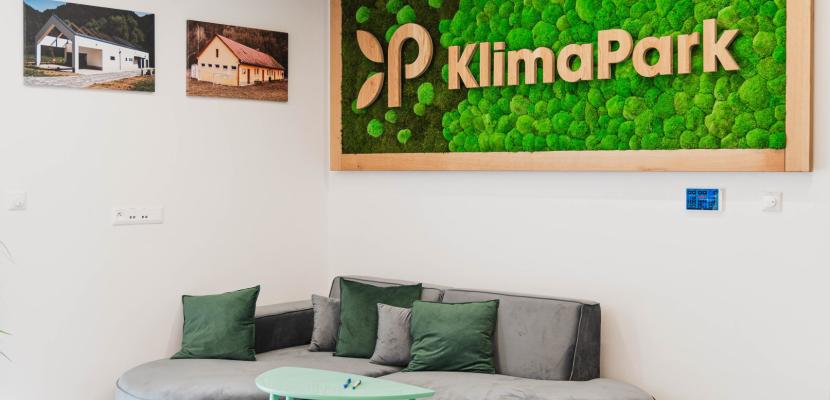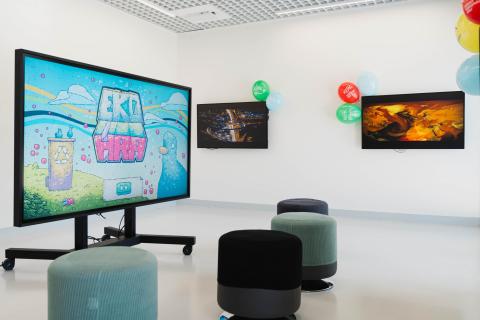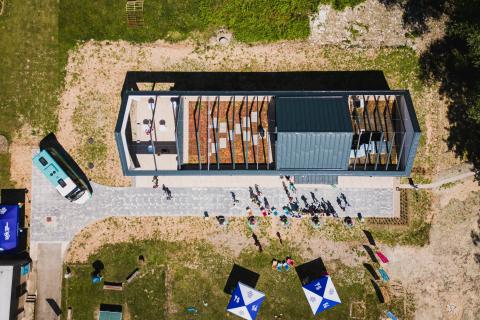
Climate-smart decision making, Environmental education center Klimapark Kysak

About this good practice
It is a unique audiovisual project that promotes critical thinking, desicion-making skills and a responsible approach to environmental protection.
Open year-round: for students, the public, conferences, camps, school trips, and seminars.
It is designed for environmental education in an engaging and entertaining way.
• 4D panoramic cinema
• LED wall
• Interactive room
• Green roof
All Klimapark visitors can access educational materials on environmental topics to study. Additionally, children can enjoy various coloring books, memory games, where the information about the importance of caring for our climate, recycling, etc., is provided.
Expert opinion
Resources needed
Total Eligible Expenditures: €1,979,632.43
Amount of Non-Refundable Financial Contribution: €1,880,650.81
Košice Self-Governing Region Budget: €166,517.62
KSK Co-Financing: 5%
Human resources:
Project Manager
Expert Coordinator – one person,
Expert/Specialist – one person
Technical Staff
Evidence of success
This practice is considered good because it enhances environmental education through interactive and engaging methods. Factual evidence of success includes increased visitor engagement, with over 5,000 annual visitors, and positive feedback from schools and organizations. The 4D panoramic cinema, LED wall, and interactive room provide an immersive learning experience. Additionally, the project aligns with EU climate adaptation goals, contributing to increased awareness and behavioral change.
Potential for learning or transfer
This practice is potentially interesting for other regions due to its innovative approach to environmental education, combining technology and interactivity to engage diverse audiences. Key success factors for transfer include strong regional support, availability of funding (e.g., EU Cohesion Fund), and collaboration with educational institutions and local governments.
Potential challenges include high initial investment costs and the need for technical expertise in setting up interactive elements like 4D cinemas and LED walls. However, the modular design of the concept allows regions to adapt it to local needs and financial capabilities.
Knowledge transfer is possible through study visits and partnerships. Similar educational models have been successfully implemented in other EU regions focusing on climate education. This practice aligns with EU sustainability goals, making it a replicable model for climate awareness and behavioral change.
Further information
Images


